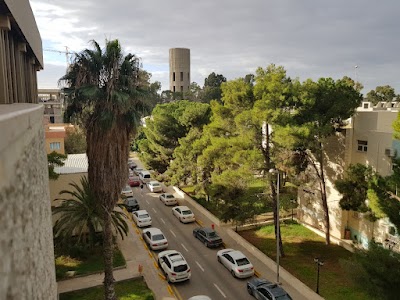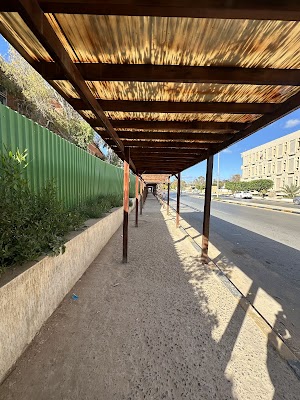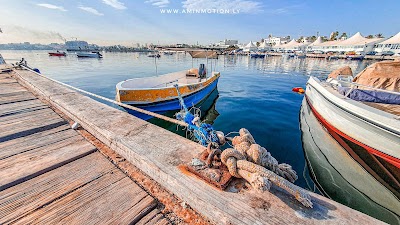Al-Fateh University (جامعة الفاتح)
Overview
Al-Fateh University, originally known as the University of Tripoli, is a prestigious institution located in the heart of Tripoli District, Libya. Established in 1957, this university offers a captivating insight into the country’s academic and historical landscape, playing a crucial role in Libya's educational evolution.
Historical Significance
The university's history is closely linked to Libya's modern journey. At its founding, Al-Fateh University sought to meet the educational needs of a nation emerging from colonial rule. Initially focused on humanities and sciences, it quickly became a beacon of knowledge, reflecting Libya's struggles and triumphs as the institution expanded its curriculum and infrastructure over the decades.
The Meaning Behind the Name
One intriguing aspect of Al-Fateh University is its name, adopted during the era of Muammar Gaddafi. "Al-Fateh," translating to "The Conqueror," embodies the revolutionary spirit of that time. Despite the political changes in Libya, the university remains a vital center for higher education and intellectual engagement, continuing to foster academic discourse.
Cultural and Architectural Blend
The university campus is a cultural and architectural marvel. Nestled within the vibrant city of Tripoli, it provides an oasis of learning amid urban hustle. The architecture harmoniously combines modern elements with traditional Libyan design, creating a visually stimulating environment. A visit to the campus offers tourists more than just a look at educational facilities; it's an opportunity to immerse themselves in Libya’s rich cultural heritage. As visitors stroll through the lush grounds, they can appreciate the blend of contemporary academic life and the historical narrative of the region.
Academic Diversity
Al-Fateh University is home to various faculties and departments, including Medicine, Engineering, Law, and Arts. This diversity makes it a dynamic hub for students from varied academic backgrounds. The Faculty of Medicine is particularly esteemed for its comprehensive programs and research initiatives, drawing students from across the region. Meanwhile, the Faculty of Engineering is recognized for its contributions to technological innovation. These faculties not only emphasize academic excellence but also promote a collaborative atmosphere for learning and exploration.
Engagement with Local Culture
Beyond academics, Al-Fateh University plays a pivotal role in the social and cultural life of Tripoli. It hosts numerous cultural events, academic conferences, and public lectures, many of which are open to visitors. These events provide a unique opportunity to witness the intellectual and cultural dialogues shaping Libya today, enriching tourists' understanding of local context and contemporary issues.
A Diverse Student Body
Al-Fateh University’s student body represents a microcosm of Libyan society, with students hailing from various regions and backgrounds. This diversity highlights the university’s commitment to inclusivity and egalitarian education. Additionally, international partnerships and exchange programs contribute to a globally aware student community, enriching the educational experience.
A Resourceful Library
The university's library is another highlight, housing an extensive collection of books, manuscripts, and digital resources. As one of the largest libraries in Libya, it serves as an essential resource for researchers, students, and academics. Visitors can explore sections dedicated to Libyan history, culture, and politics, gaining a comprehensive overview of the country’s scholarly contributions.
Exploring Tripoli District
For those eager to venture beyond the academic realm, the surrounding Tripoli District offers numerous attractions. Just a short drive from Al-Fateh University, tourists can explore the Medina of Tripoli, the Arch of Marcus Aurelius, and the beautiful Martyrs' Square. These historic sites enhance the educational experience with rich narratives from Libya’s past.
In conclusion, Al-Fateh University is more than just an academic institution; it stands as a cornerstone of Libya's societal and cultural framework. Its historical significance and role in shaping future leaders and scholars make it a compelling destination for visitors. Whether you’re an academic enthusiast, a history buff, or a curious traveler, a visit to Al-Fateh University promises a unique and enlightening perspective on Libya’s journey through time and knowledge.






